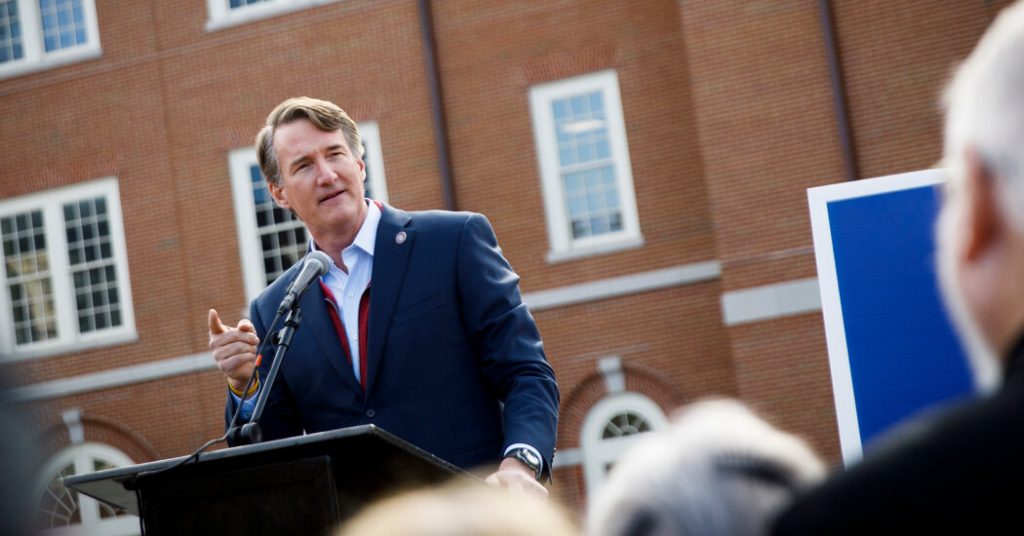Gov. Glenn Youngkin of Virginia vetoed two bills that aimed to revoke tax exemptions for the United Daughters of the Confederacy, a group steeped in controversial Confederate history. Youngkin sided with Republicans in the legislature who opposed the bills, while almost all Democrats supported them. The property tax exemptions for the organization, which were added in the 1950s, generated debate over the group’s alignment with the state’s values. While acknowledging the need for tax code reform, Youngkin believed the bills targeted the group unfairly and set a wrong precedent.
Democratic lawmakers who introduced the bills argued that the government should not support organizations that promote myths romanticizing the Confederacy. They sought to reflect Virginia’s modern values in the tax code. Critics accused the bills of singling out the United Daughters of the Confederacy and argued that the group’s purposes were misunderstood. Democratic delegate Alex Askew criticized Youngkin’s vetoes, questioning the governor’s support for historically pro-slavery institutions and calling for a more inclusive tax policy.
Youngkin’s decision to veto the bills saved other organizations, such as Stonewall Jackson Memorial Inc. and the Confederate Memorial Literary Society, from losing their property tax exemptions. Political observers noted that the revocation of tax exemptions for Confederate heritage organizations was likely to happen under a future Democratic governor due to shifting political and cultural dynamics in Virginia. Despite ongoing debates and actions to remove Confederate symbols in the state, some efforts have faced opposition and setbacks, highlighting the ongoing relevance and contested nature of the Confederacy’s legacy in Virginia.
The United Daughters of the Confederacy’s headquarters in Richmond would have faced significant property taxes if the exemptions had been revoked. The organization’s membership, open to descendants of Confederate soldiers, aims to honor ancestors through charity work and memorial preservation. The group’s association with Confederate statues, which it helped fund and protect throughout the 20th century, has drawn criticism. A representative of the organization warned that losing the tax exemptions could jeopardize its mission and lead to legal challenges.
Efforts to revoke the tax exemptions began in 2023 and gained momentum after Democrats gained control of the House. Proponents of the bills emphasized the need to update the tax code to align with Virginia’s present-day values. Despite the pushback from some Republicans and concerns about the potential impact on the United Daughters of the Confederacy, lawmakers sought to modernize the state’s policies regarding organizations with ties to the Confederacy. The debate surrounding the tax exemptions reflects broader cultural and political tensions related to Confederate heritage in Virginia.
In the midst of ongoing discussions and actions to address the legacy of the Confederacy, Governor Youngkin’s veto of the bills preserving tax exemptions for the United Daughters of the Confederacy sparked controversy and criticism. The decision highlighted the challenges of navigating Virginia’s complex historical past and balancing competing interests regarding Confederate symbols and organizations. As the state continues to grapple with its Confederate history, debates over tax exemptions for organizations linked to the Confederacy are likely to persist, reflecting broader societal tensions and values in Virginia.







